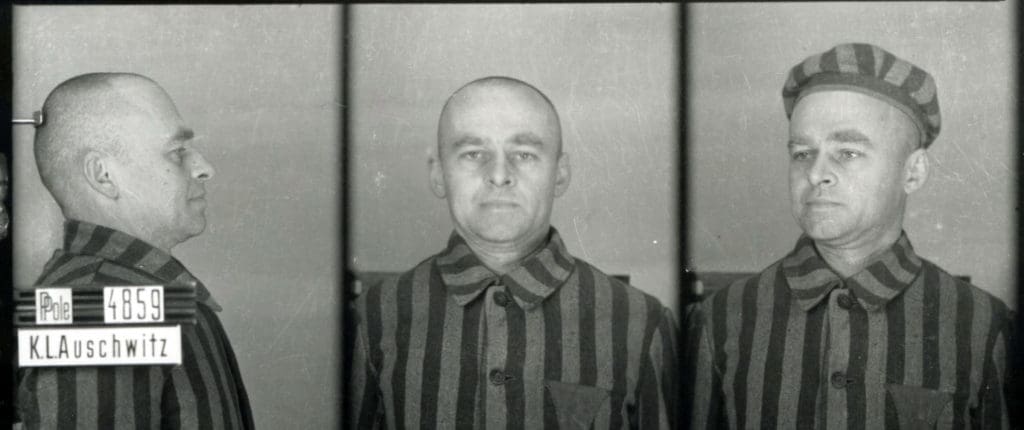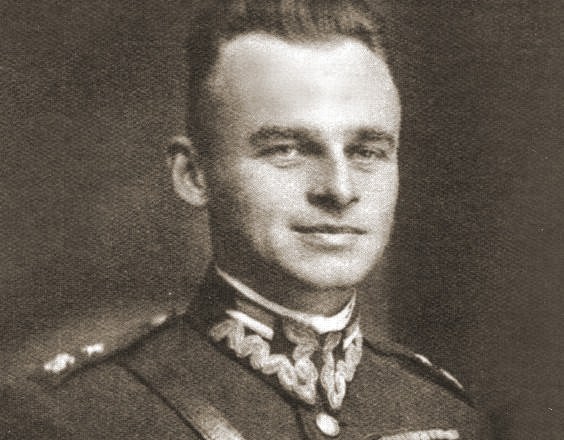Witold Pilecki, a Polish underground hero who exposed the German Nazi Holocaust, escaped from Auschwitz 80 years ago.
Pilecki, who was a captain in the Polish Army, actually volunteered to be taken prisoner in 1940 in order to obey the order of his commanders to organize resistance and supply intelligence on what was happening at Auschwitz. He was the author of the first reports on the Holocaust and its crimes.
During the night of April 26 into April 27, 1943, Pilecki escaped from the German Nazi concentration camp Auschwitz along with two other prisoners. They escaped from a bakery in which Pilecki was forced to work.

A year later, Witold Pilecki took part in the 1944 Warsaw Uprising. After the uprising, he was a prisoner of war. He joined up forces with the Polish armed forces in the west but on the order of General Władysław Anders, he returned to Poland as an intelligence officer reporting to the Polish government-in-exile on the Soviet occupation of Poland and the treatment of the Polish underground by the new communist authorities. He later refused the general’s order to leave Poland again.
Pilecki was eventually arrested by the communist secret police in 1947. He was charged with spying in a show trial after a year in which he was imprisoned and tortured.
On his last meeting with his wife, he told her that “Auschwitz was a piece of cake” compared to what he was being subjected to by the communists. Pilecki was sentenced to death and executed by gunshot in the back of the head in a Warsaw prison on May 25, 1948.
His family was never officially notified of his execution nor of the whereabouts of his remains. The family was told that “he had left” and only discovered the truth of his murder long after his death. His remains have still not been discovered and efforts at finding his remains are still being conducted in Warsaw.
The verdict of the court that sentenced him was reversed by the Polish Supreme Court in 1990. He was posthumously awarded the highest order of state, the White Eagle in 2006, and was promoted to the rank of colonel in 2013.
British historian Michael Foot regarded Pilecki as one of the six bravest resistance fighters of the Second World War.






